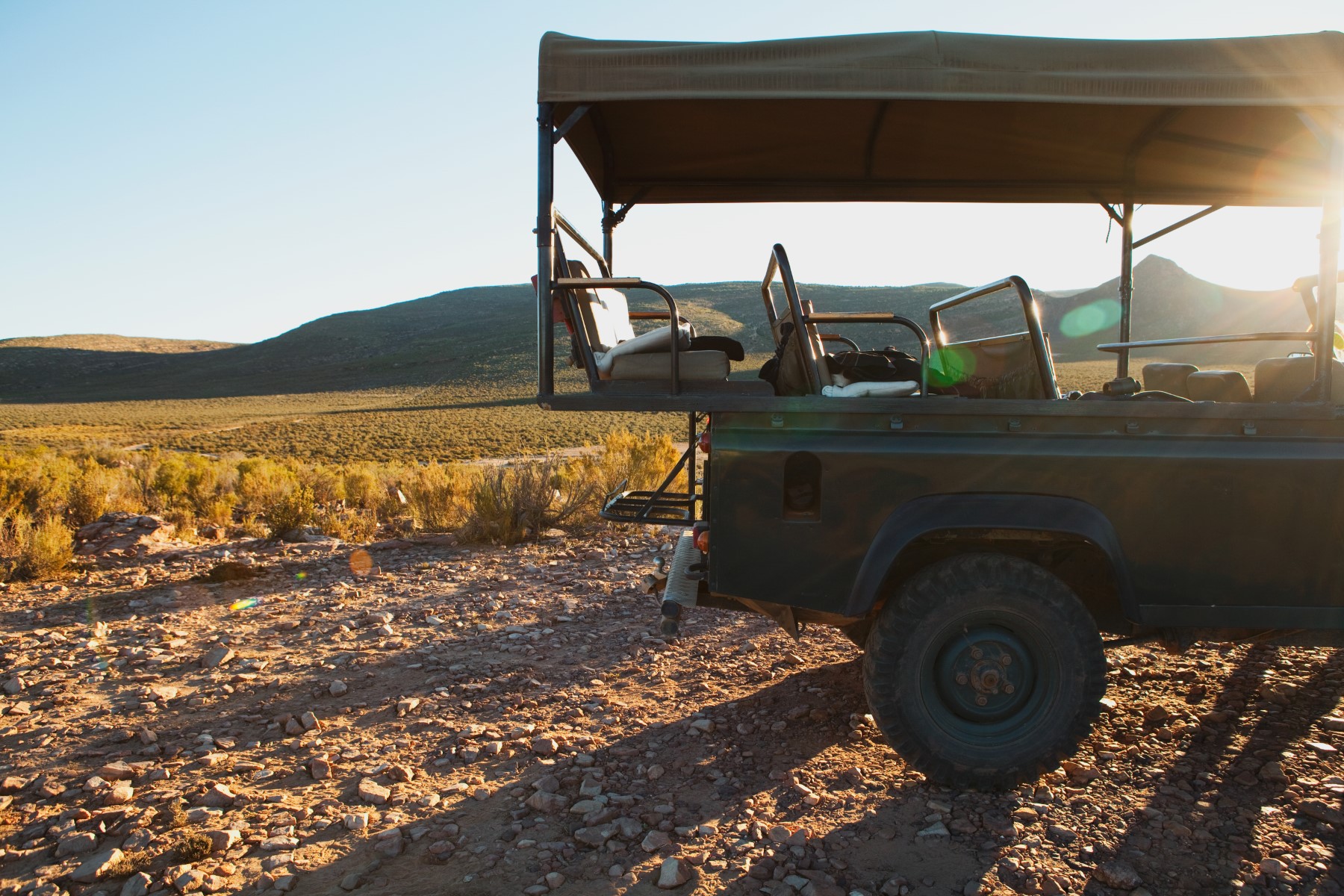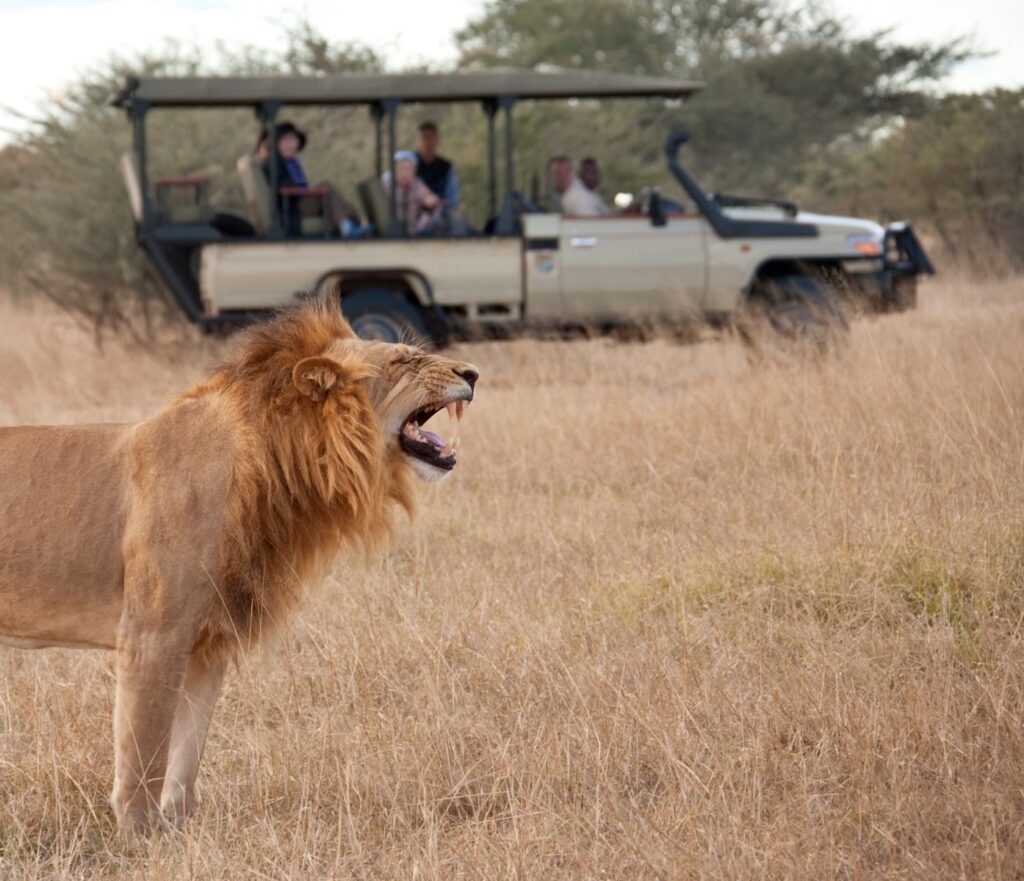
An African safari is a once-in-a-lifetime adventure that offers a glimpse into the wild and untamed heart of Africa. From the vast savannas of Kenya and Tanzania to the lush wetlands of Botswana and the rugged wilderness of South Africa, an African safari promises to be an unforgettable experience. But planning an African safari can be daunting, especially if it’s your first time. In this guide, we will provide you with all the information you need to plan an incredible African safari.
When to Go
The best time to go on an African safari depends on where you’re planning to visit. In general, the dry season is the best time to go on safari, as wildlife is easier to spot when there’s less vegetation and animals tend to congregate around water sources. The dry season typically runs from June to October in East Africa and from May to September in Southern Africa.
However, if you’re interested in seeing the Great Migration in Kenya and Tanzania, you’ll need to plan your trip between July and October, as this is when the wildebeest and zebras make their way across the Serengeti. If you’re interested in seeing the baby animals, the best time to visit is during the calving season, which takes place in February and March.

Where to Go
There are many countries in Africa that offer safari experiences, but some are more popular than others. Kenya and Tanzania are the most popular destinations for a classic African safari, with the Serengeti National Park and Maasai Mara National Reserve being two of the most famous wildlife reserves in the world. South Africa is also a popular destination, with Kruger National Park being one of the largest and most renowned game reserves in Africa.
Botswana is another popular destination for safaris, with the Okavango Delta being a major attraction. Namibia is also a great place for a safari, with the Etosha National Park being home to a wide variety of wildlife.
African Safari Cost
Cost is an important factor to consider when planning an African safari, as it can be a significant investment. The cost of a safari will depend on several factors, including the destination, type of accommodation, and length of the trip.
Luxury lodges and tented camps can be quite expensive, with prices ranging from several hundred to several thousand dollars per night. Budget-friendly options, such as camping or basic lodges, are typically more affordable but may not offer the same level of luxury and comfort.
In addition to accommodation costs, there may be additional expenses for activities, park fees, and transportation. Some safari companies may include these costs in their packages, while others may require you to pay separately.
To ensure that you’re getting the best value for your money, it’s important to do your research and compare prices from different safari companies. Keep in mind that the cheapest option may not always be the best, as it may come at the expense of quality or safety.
It’s also important to factor in any additional costs, such as flights, visas, and travel insurance. Flights to Africa can be expensive, especially during peak travel seasons, and visas may be required for certain countries. Travel insurance is also recommended to protect against unexpected events, such as trip cancellations or medical emergencies.
Choosing a Safari Company
Choosing a safari company is an important part of planning your African safari. It’s important to do your research and choose a company that has a good reputation and offers the type of safari experience you’re looking for. Look for a company that has experienced guides, comfortable accommodations, and a good safety record.
You can also choose between a group or private safari. Group safaris are typically less expensive and offer the opportunity to meet other travelers, while private safaris offer more flexibility and customization.

Accommodations
When it comes to accommodations, there are many options available, from luxury lodges and tented camps to budget-friendly options. Luxury lodges and tented camps offer the ultimate safari experience, with comfortable accommodations, delicious meals, and exceptional service. Budget-friendly options, such as camping, offer a more rustic experience but still provide an authentic African safari experience.
Activities
Safaris offer a range of activities, from game drives and walking safaris to hot air balloon rides and cultural tours. Game drives are the most common activity and offer the best opportunity to see wildlife up close. Walking safaris allow you to explore the wilderness on foot and offer a unique perspective on the African landscape. Hot air balloon rides offer a bird’s eye view of the savanna and are a popular activity in the Serengeti and Maasai Mara. Cultural tours allow you to learn about the local people and their way of life, offering a deeper understanding of the culture and history of the region.
What to Pack
When packing for an African safari, it’s important to pack light and bring appropriate clothing. You’ll need comfortable, breathable clothing that provides protection from the sun and insects. Neutral colors such as khaki, beige, and olive are ideal for blending in with the surroundings. You’ll also need sturdy walking shoes and a hat to protect your head from the sun. Don’t forget to bring a warm jacket or sweater for chilly mornings and evenings.
Other essential items include a camera with extra batteries and memory cards, binoculars for wildlife viewing, sunscreen, insect repellent, and a first aid kit. It’s also important to check with your safari company to see if they have any specific packing recommendations.
Health and Safety
Before embarking on an African safari, it’s important to take necessary health precautions. Make sure you are up to date on all necessary vaccinations, such as yellow fever and malaria. It’s also important to bring any necessary medication, such as anti-malarial pills or prescription medication.
When on safari, it’s important to follow all safety guidelines provided by your safari company. This includes staying inside the vehicle during game drives, keeping a safe distance from wildlife, and avoiding any unnecessary risks. It’s also important to follow any guidelines for food and water safety to avoid getting sick.
Responsible Tourism
When planning your African safari, it’s important to consider the impact your trip will have on the environment and local communities. Look for safari companies that prioritize responsible tourism, such as those that support local conservation efforts and employ local staff. Avoid any activities that may harm wildlife or the environment, such as riding elephants or buying products made from endangered animals.
An African safari is an incredible adventure that offers the opportunity to see some of the world’s most iconic wildlife up close. With careful planning and consideration, you can ensure that your safari is both safe and responsible, while still providing an unforgettable experience. Whether you choose to visit the savannas of Kenya and Tanzania, the wetlands of Botswana, or the rugged wilderness of South Africa, an African safari is sure to be a journey of a lifetime.


No Comments